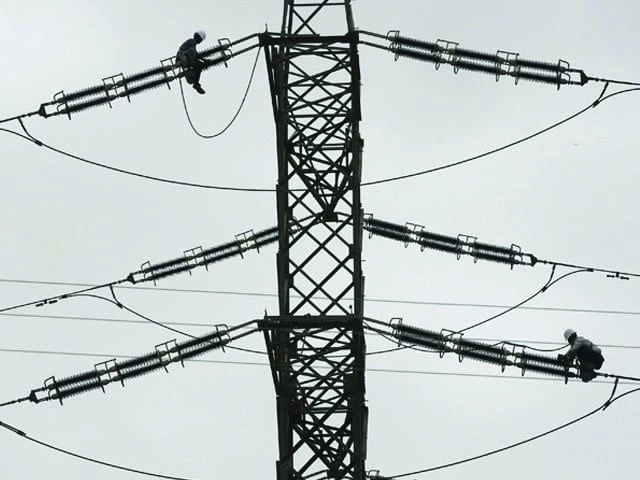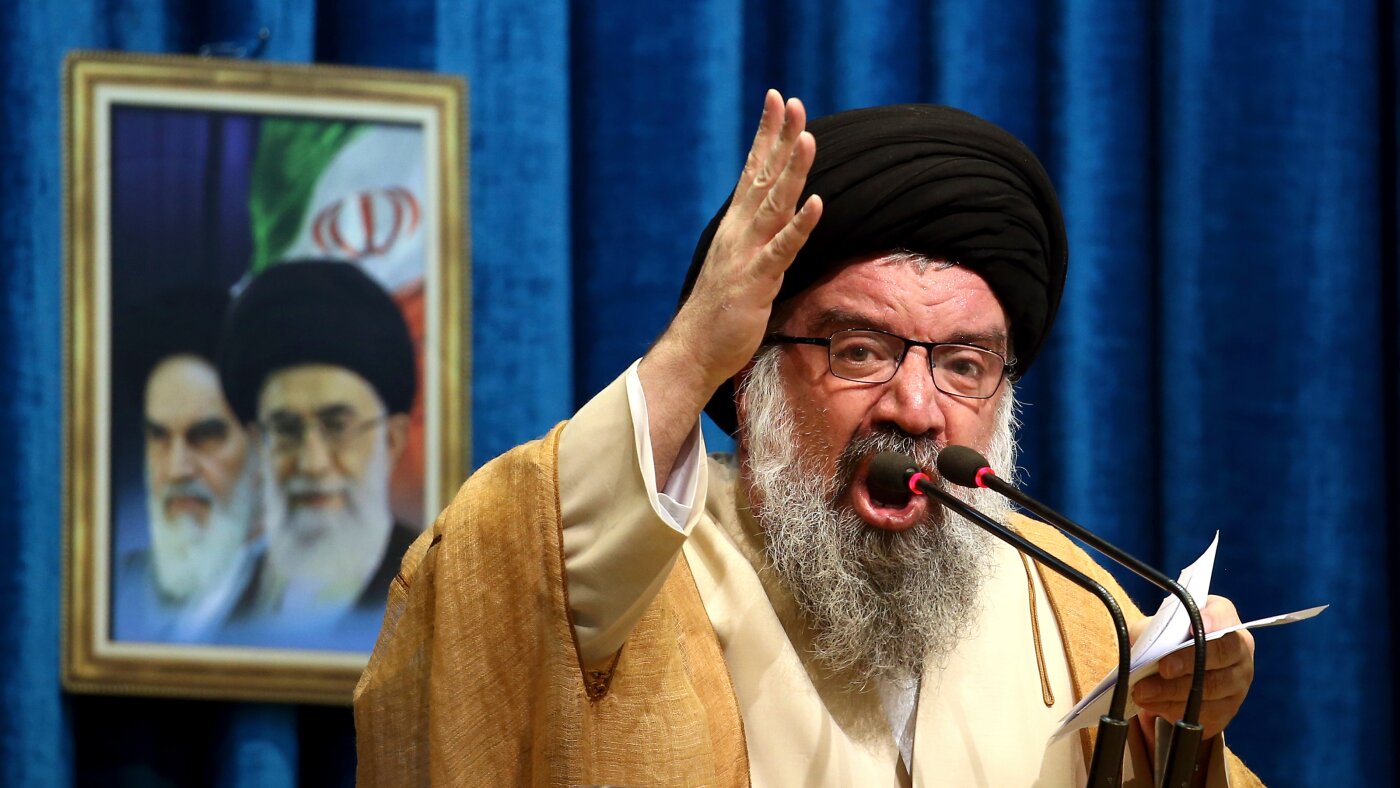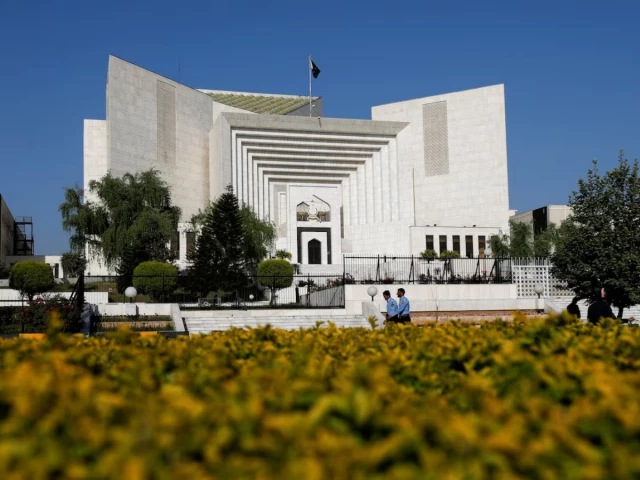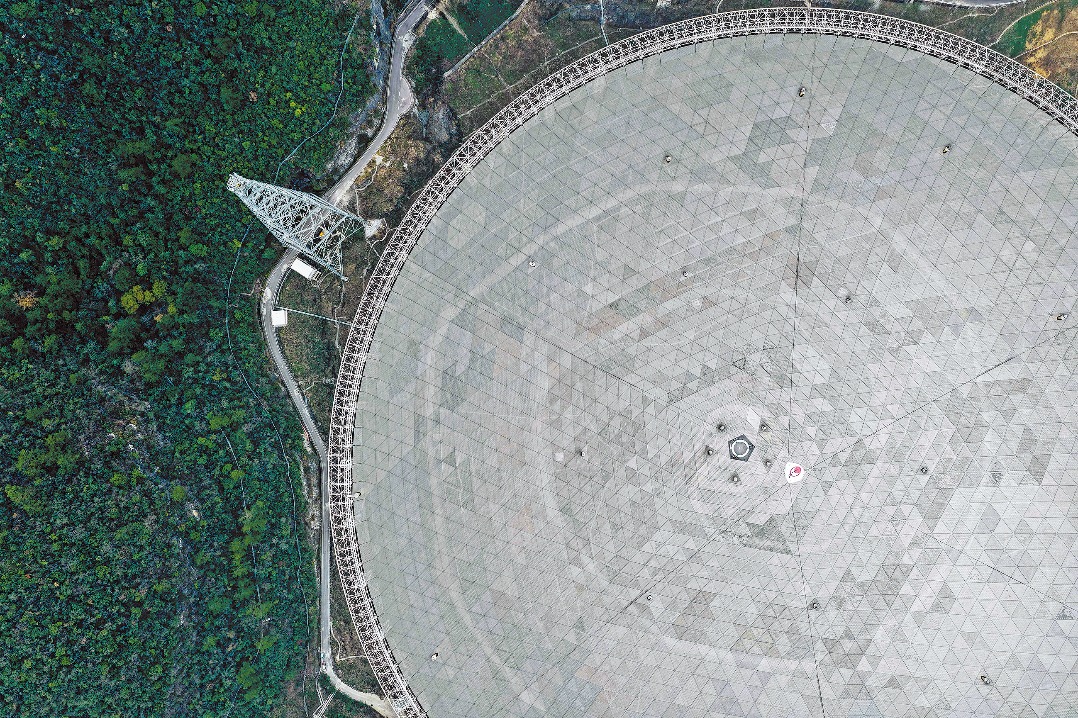- A new defence triangle takes shape Business Recorder
- Pakistan-Saudi-Turkiye defence deal in pipeline, minister confirms Dawn
- Turkey Said to Seek Membership of Saudi-Pakistan Defense Pact Bloomberg
- Islamic NATO To Arm Deals: Inside Pakistan’s…
Author: admin
-
A new defence triangle takes shape – Business Recorder
-
Pensionary benefits: Claim delay shouldn’t mean disentitlement: SC – Business Recorder
- Pensionary benefits: Claim delay shouldn’t mean disentitlement: SC Business Recorder
- Pension is a right, not employer’s largesse: Supreme Court Dawn
- Pension a constitutional right, not charity or concession, rules SC Pakistan Today
- EOBI…
Continue Reading
-
US suspends immigrant visa issuance temporarily from 21st – Business Recorder
- US suspends immigrant visa issuance temporarily from 21st Business Recorder
- Visa freeze Dawn
- Trump suspends immigrant visas for 75 countries: Who’s affected? Al Jazeera
- Pakistanis in America highly affluent: South Asia expert questions Trump’s…
Continue Reading
-

Power sector sees Rs800b equity hole
To cover losses, successive governments have increased electricity prices and imposed a Rs3.23 per unit surcharge to service debts taken for power distribution companies, pushing energy prices to the highest levels in the region. Photo: file
…Continue Reading
-

No sign of new protests in Iran as a hard-line cleric calls for executions : NPR
Iranian senior cleric Ahmad Khatami delivers his sermon during Friday prayer ceremony in Tehran, Iran, on Jan. 5, 2018.
…Continue Reading
-

Add Native Autofocus to Any PL-Mount Camera Lens and Put It on an E-Mount Sony
You can get some really nice PL-mount cinema lenses on the used market for reasonable prices. Well, reasonable by professional cinema lens standards, anyway. But then you’ll need an adapter for your camera’s mount and you won’t get…
Continue Reading
-

SC declares pension a legal right
Says pension cannot be denied merely on grounds of delayed application, resignation
Police officers walk past the Supreme Court of Pakistan building, in Islamabad, Pakistan April 6, 2022. REUTERS
…Continue Reading
-
All Ears: New Study Pinpoints What Determines Ear Length in Dogs
BYLINE: Leigh Hataway
Newswise — Ever see a basset hound and find yourself wanting to (gently) grab its long, floppy ears and give them a little waggle?
The cute aggression…
Continue Reading
-

FAST reveals insights into cosmic signals
An aerial photo taken on Friday shows China’s Five-hundred-meter Aperture Spherical radio Telescope, or FAST, under maintenance, in Guizhou province. Ou Dongqu/Xinhua
An international research team using…
Continue Reading
-

FAST reveals insights into cosmic signals
An aerial photo taken on Friday shows China’s Five-hundred-meter Aperture Spherical radio Telescope, or FAST, under maintenance, in Guizhou province. Ou Dongqu/Xinhua
An international research team using…
Continue Reading